+92 300-9424043
24/7 Whatsapp Support
Cash on Delivery not available for now!
24/7 Whatsapp Support

Paperback, 358 pages
Delivery All Over Pakistan Charges Will Apply.
Title May Be Different.
Due to constant currency fluctuation, prices are subject to change with or without notice.

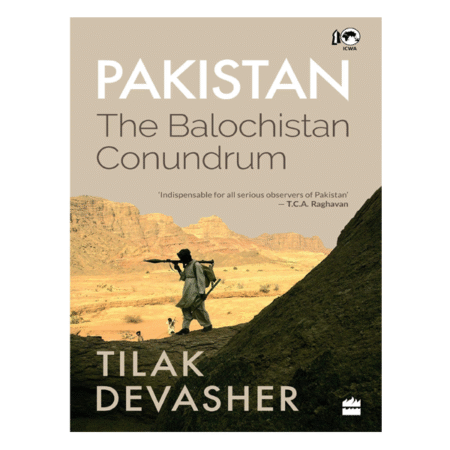
Paperback, Pages 392
Delivery All Over Pakistan Charges Will Apply.
Title May Be Different.
Due to constant currency fluctuation, prices are subject to change with or without notice.

Paperback
Delivery All Over Pakistan Charges Will Apply.
Title May Be Different.
Due to constant currency fluctuation, prices are subject to change with or without notice.

Publisher : Routledge; First Edition (September 30, 2004)
Language : English
Paperback : 304 pages
Delivery All Over Pakistan Charges Will Apply.
Title May Be Different.
Due to constant currency fluctuation, prices are subject to change with or without notice.

This new edition has been updated to provide an insight into the making, implementation, and consequences of Pakistan’s foreign policy 1947-2019.

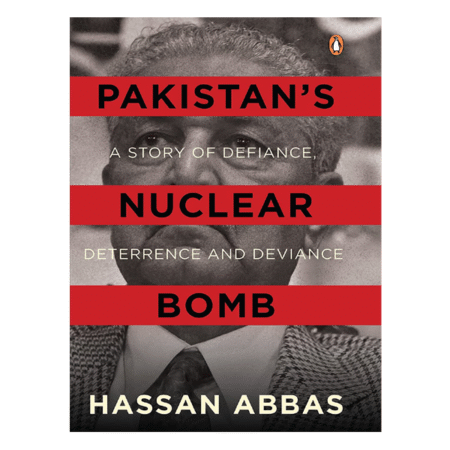
Title May Be Different
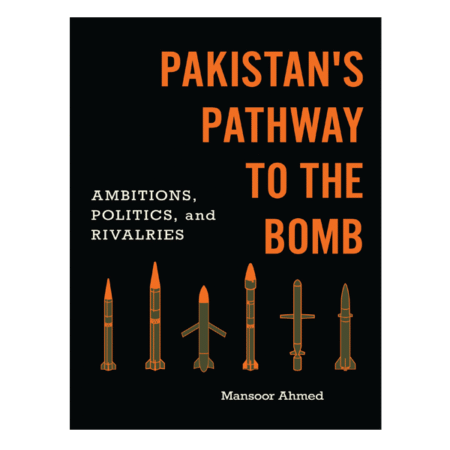
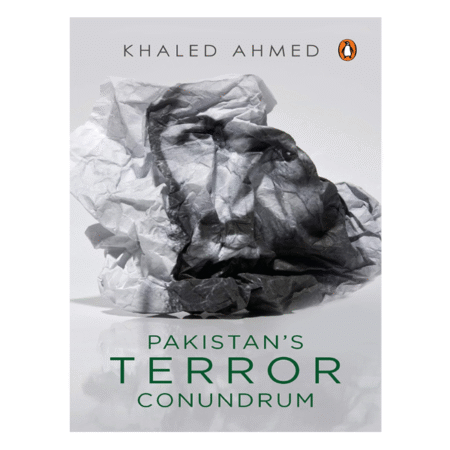
336 pages, Paperback
Delivery All Over Pakistan Charges Will Apply.
Title May Be Different.
Due to constant currency fluctuation, prices are subject to change with or without notice.
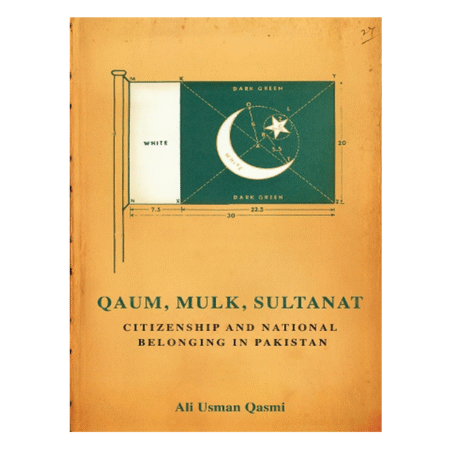

Delivery All Over Pakistan Charges Will Apply.
Title May Be Different.
Due to constant currency fluctuation, prices are subject to change with or without notice.

Author: Shuja Nawaz
Publication Date: 20/11/2019
Binding: Hardcover
Availability: Original Book
Number of Pages: 400 Pages
Bar Code: 9789698729097
Publisher: Liberty Publishing
Delivery All Over Pakistan Charges Will Apply.
Title May Be Different.
Due to constant currency fluctuation, prices are subject to change with or without notice.

Paperback, 288 pages
Delivery All Over Pakistan Charges Will Apply.
Title May Be Different.
Due to constant currency fluctuation, prices are subject to change with or without notice.


BY SANG-E-MEEL
Title: The Making Of Pakistan
Author: K. K. Aziz
Subject: Political Science
ISBN: 969350870X
Year: 2013
Language: English
Number of Pages: 223
Delivery All Over Pakistan Charges Will Apply.
Title May Be Different.
Due to constant currency fluctuation, prices are subject to change with or without notice.

Delivery All Over Pakistan Charges Will Apply.
Title May Be Different.
Due to constant currency fluctuation, prices are subject to change with or without notice.

Pages: 368
Paperback-2020
Delivery All Over Pakistan Charges Will Apply.
Title May Be Different.
Due to constant currency fluctuation, prices are subject to change with or without notice.
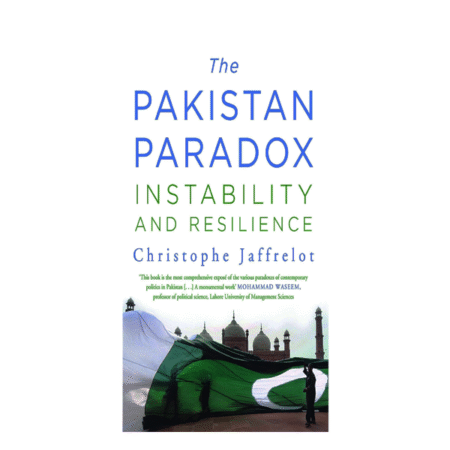
Pakistan was born as the creation of elite Urdu-speaking Muslims who sought to govern a state that would maintain their dominance. After rallying non-Urdu speaking leaders around him, Jinnah imposed a unitary definition of the new nation state that obliterated linguistic diversity. This centralisation – ‘justified’ by the Indian threat – fostered centrifugal forces that resulted in Bengali secessionism in 1971 and Baloch, as well as Mohajir, separatisms today.
Concentration of power in the hands of the establishment remained the norm, and while authoritarianism peaked under military rule, democracy failed to usher in reform, and the rule of law remained fragile at best under Zulfikar Bhutto and later Nawaz Sharif. While Jinnah and Ayub Khan regarded religion as a cultural marker, since their time the Islamists have gradually prevailed. They benefited from the support of General Zia, while others, including sectarian groups, cashed in on their struggle against the establishment to woo the disenfranchised.
Today, Pakistan faces existential challenges ranging from ethnic strife to Islamism, two sources of instability which hark back to elite domination. But the resilience of the country and its people, the resolve of the judiciary and hints of reform in the army may open a new and more stable chapter in its history.

BY SANG-E-MEEL
Title: The Pakistani Historian
Author: K. K. Aziz
Subject: History
ISBN: 9693522125
Year: 2009
Language: English
Number of Pages: 263
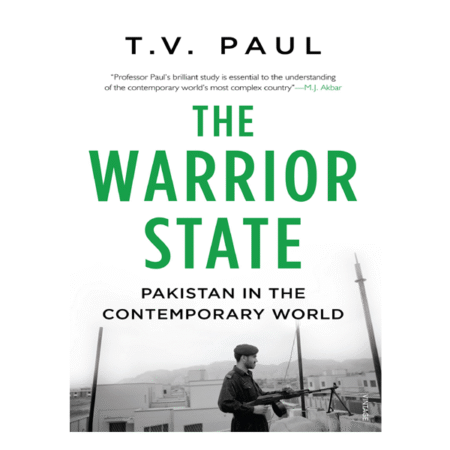
Seemingly from its birth, Pakistan has teetered on the brink of becoming a failed state. Today, it ranks 133rd out of 148 countries in global competitiveness. Its economy is as dysfunctional as its political system is corrupt; both rely heavily on international aid for their existence. Taliban forces occupy 30 percent of the country. It possesses over a hundred nuclear weapons that could easily fall into terrorists’ hands. Why, in an era when countries across the developing world are experiencing impressive economic growth and building democratic institutions, has Pakistan been such a conspicuous failure?
In The Warrior State, noted international relations and South Asia scholar T.V. Paul untangles this fascinating riddle. Paul argues that the “geostrategic curse”–akin to the “resource curse” that plagues oil-rich autocracies–is at the root of Pakistan’s unique inability to progress. Since its founding in 1947, Pakistan has been at the center of major geopolitical struggles: the US-Soviet rivalry, the conflict with India, and most recently the post 9/11 wars. No matter how ineffective the regime is, massive foreign aid keeps pouring in from major powers and their allies with a stake in the region. The reliability of such aid defuses any pressure on political elites to launch the far-reaching domestic reforms necessary to promote sustained growth, higher standards of living, and more stable democratic institutions. Paul shows that excessive war-making efforts have drained Pakistan’s limited economic resources without making the country safer or more stable. Indeed, despite the regime’s emphasis on security, the country continues to be beset by widespread violence and terrorism.
In an age of transnational terrorism and nuclear proliferation, understanding Pakistan’s development, particularly the negative effects of foreign aid and geopolitical centrality, is more important than ever. Painstakingly researched and brilliantly argued, The Warrior State tackles what may be the world’s most dangerous powder keg and uncovers the true causes of Pakistan’s enormously consequential failure.
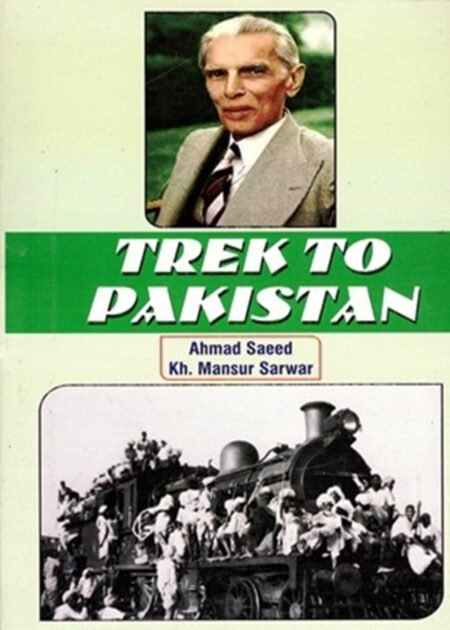
Revised Edition & Updated Edition
Delivery All Over Pakistan Charges Will Apply.
Title May Be Different.
Due to constant currency fluctuation, prices are subject to change with or without notice.
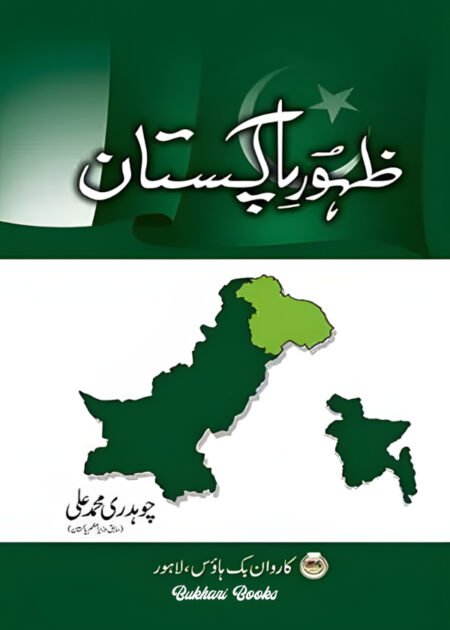
Delivery All Over Pakistan Charges Will Apply.
Title May Be Different.
Due to constant currency fluctuation, prices are subject to change with or without notice.